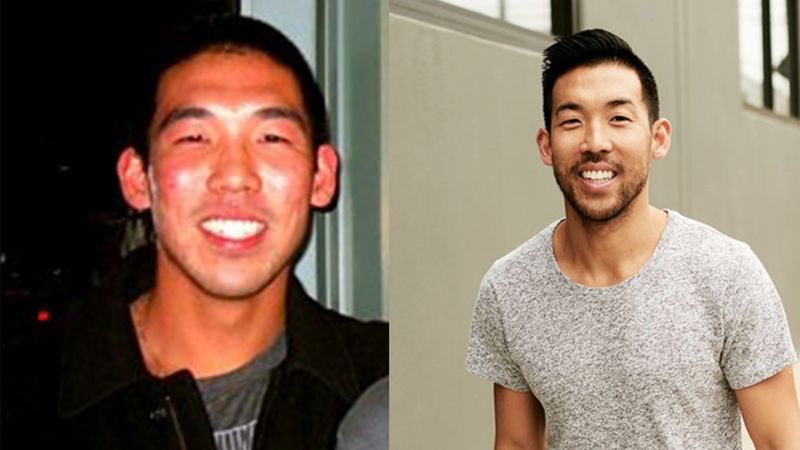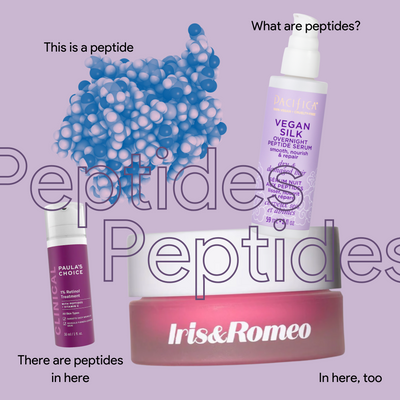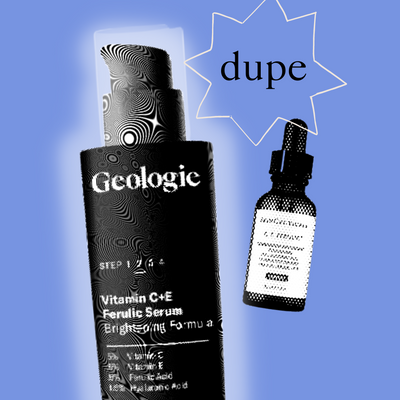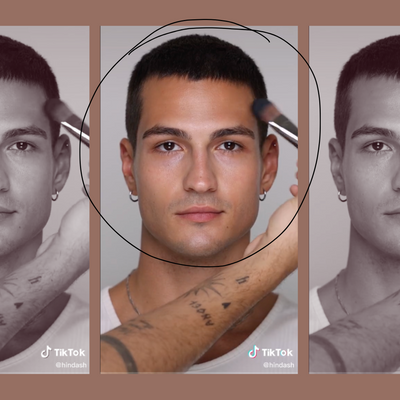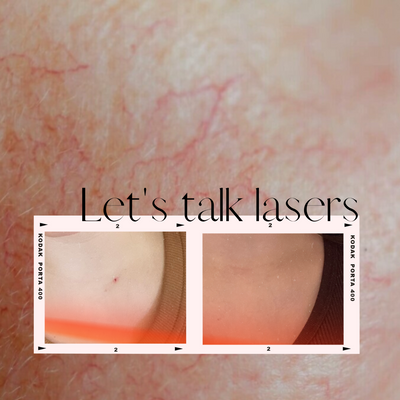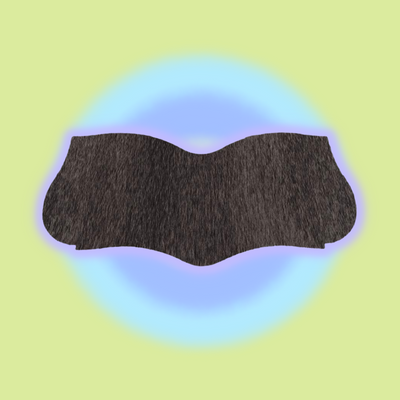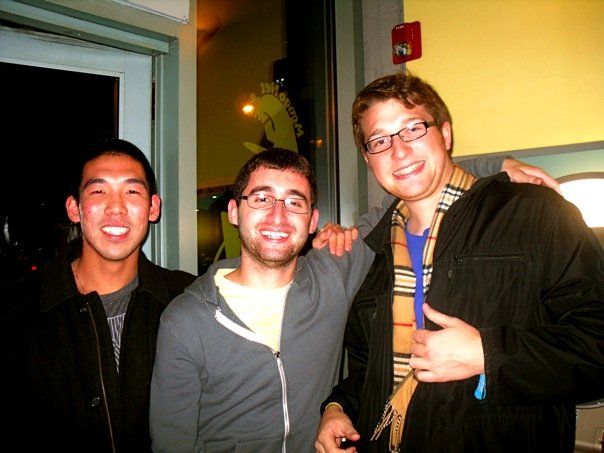
It’s hard to recall the exact date it began. Maybe it’s because too much time has passed. Or maybe it’s because I’ve tried my damndest to repress those painful memories.
What I do remember is that it happened towards the start of my freshman year in college. The onset of severe acne was a gradual process and I was too focused on acclimating to college life, surviving the freshman curriculum, and playing soccer, to pay much attention to the change in my physical appearance. It wasn’t until I came home for fall semester break a few months later that it finally hit me.
SEE ALSO: The lazy man’s guide to Korean beauty
I remember this moment vividly. My dad had picked me up from the airport and I walked into our house to hug my mom. As we pulled away from our warm embrace, her smile quickly turned to an expression of shock — her son’s once familiar face had been transformed by acne. Up until this moment, I had rationalized that struggling with acne was a normal teenage experience. Everyone endures it as a rite of passage of sorts, I would tell myself. It’s a normal process of life, I rationalized. But the look on my mom’s face said it all: my experience with acne was far from normal.
At our core, we as humans are survivors. And when we’re subjected to immense pain, we adopt coping mechanisms to manage that pain. It was my mother’s expression that seemed to confirm all of my insecurities and tell me that no, I wasn’t the only one who noticed my cystic acne.
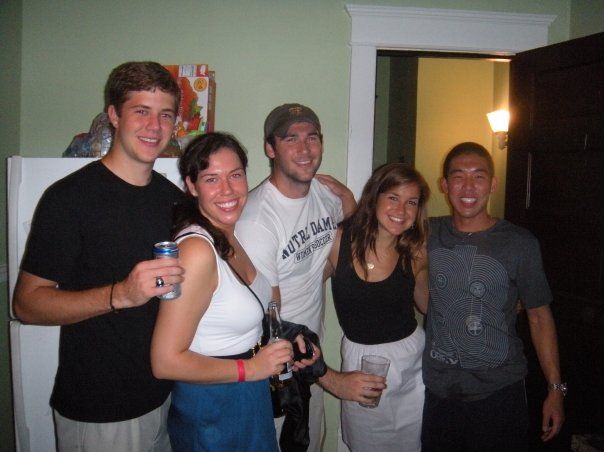
She wasn’t alone in her horror. For the past few months, dealing with my own cystic acne made me completely insecure. I was too ashamed to look at myself in the mirror, so I’d use the bathroom without turning on the lights. Imagine going to the bathroom, showering, brushing your teeth, and washing your face, all in the dark out of fear that you’d have to look at your own skin.
Over the following months and years, I tried every treatment option available with varying levels of success. Those four years in college have been the most difficult so far. It was my faith, the love of my family and friends, and just as important, the fact they didn’t treat me any differently than before, that kept me strong. I kept telling myself that things would get better, that this experience would fortify me. And while this is all true — I wouldn’t trade this experience for anything — there was one unintended consequence that I didn’t realize until recently, more than eight years later.
This consequence was that the day I began my struggle with severe acne, I also began telling my story from the perspective of someone who wanted to live life under the radar. Someone who lacked self-worth. Someone who feared rejection and shunned risk. Someone who played small. I avoided going out with friends, talking to girls, and attending class because I feared that others would fail to see me for who I really was. My acne seemed to define who I had become.
SEE ALSO: I cut out acne this week
By telling my story from the perspective of someone who wanted to live life small, I was telling the rest of the world that I intended to live this way. Even as the acne subsided and my skin improved, I continued to tell myself the same story because of the scars that remained. It wasn’t until a conversation with a friend that I realized the story we tell ourselves manifests into reality and becomes the same story we tell the world.
For too long, I was focused on the struggle and pain that I endured. My self-worth was rooted in my physical appearance and because of that, when I developed acne, my foundation crumbled. Recently, I have started to refine my story. To craft and tell my story from a different perspective. After years of hiding from the world, I no longer want to hide behind my scars. Today, my story has started to resonate a little closer to who I am and who I want to become: an entrepreneur.
As I’m writing this, I’m reminded of a quote from Steve Jobs’ 2005 commencement speech:
“Again, you can’t connect the dots looking forward; you can only connect them looking backward. So you have to trust that the dots will somehow connect in your future. You have to trust in something — your gut, destiny, life, karma, whatever. This approach has never let me down, and it has made all the difference in my life.”
During those dark years, it was impossible for me to know the purpose behind my pain. As I’m writing this 10 years later, I’m humbled by how perfectly my dots align. This experience, as hard as it was, is my most cherished memory. It has defined me, molded me, and forged me into the person I am today. It’s widely accepted that one’s skin condition and self-confidence are connected. But, I had to experience the relationship of skin and self-confidence at the lowest depths to spark the revelation for my own skincare brand to come into fruition.

The story I’m now telling myself (and the world) doesn’t contain the themes of lacking self-worth, fearing rejection, shunning risk, and playing small. Rather, I’m telling my story the way it should be told — I’m on a mission to create the greatest skincare brand of our generation — and as a result, the world is getting to know me for who I really am.
Terry is the co-founder and CEO of Panacea.

